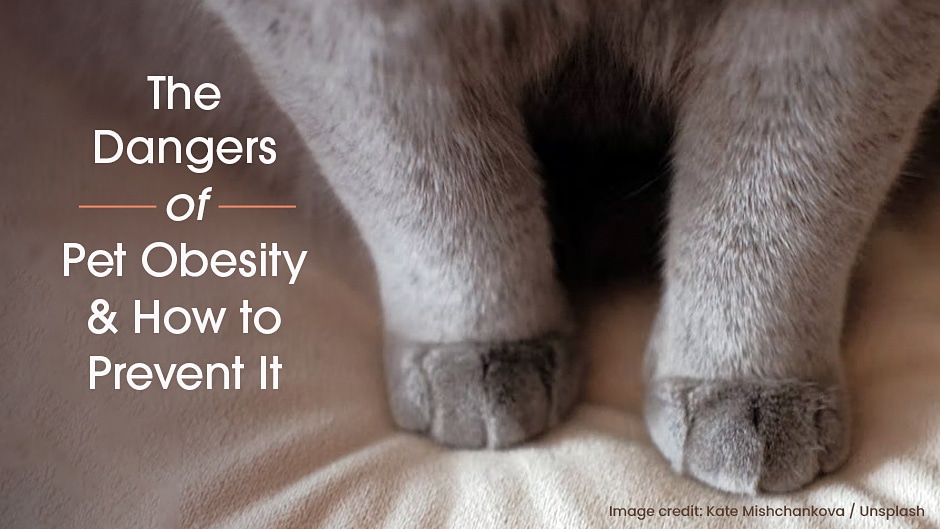Spring is here, and your horse is likely coming due for their seasonal dewormers. But if you’re like other equine owners, you may be wondering what dewormers your horse needs and what exactly they do. Don’t worry. We’ve got you covered. Your horse’s dewormers shouldn’t be a mystery to you. This article will cover what dewormers are most beneficial for horses, why horses need dewormers, and what side effects you can expect.
Why Do Horses Need Spring Dewormers?
Horses naturally have a wide array of organisms that help them digest their food and to provide them with gut health. It’s easy to see how horses can get infected with worms–they do munch day-in and day-out on grass, which can be infected with manure and other worm sources.
Horses can also get pinworms from gnawing on their behinds. Bot larvae can be transferred from your horse’s legs to their stomach where they munch on your horse’s stomach lining.
Spring deworming prevents your horse’s system from becoming overwhelmed with parasites. This is even more vital as horses return to the pasture.
Even though worms are commonplace for horses, too many parasites can have a detrimental effect on your horse’s health. This requires a balanced and professional approach to a horse’s deworming routine. Because dewormers work best when rotated throughout the year, having an equine veterinarian administer and keep a record of your horse’s dewormers can provide your horse with optimal health.
What Worms Do Horses Contract?
Horses can become infected with pinworms, tapeworms, roundworms, blood worms, and bots. They can also become victims of strongyles, which lie in their larval form in the grass until consumed. From there they infect your horse’s blood vessels within the colon.
How Can Internal Parasite Affect a Horse’s Health?
Worms can do a number on your horse’s wellbeing. Not only can many of them cause mental distress from the pain and itching they may cause, but they can also lead to extreme weight loss, colic, diarrhea, soreness, lethargy, anemia, a dull coat, and malnutrition.
In Addition to Dewormers, How Can You Keep Your Horse Worm-Free?
Because most horses contract worms by consuming soiled grass, it’s important to keep your pasture as clean as possible. Once manure dries out, most worm larvae in the manure will die.
To lower your horse’s parasite load, you can:
- Harrow your pasture regularly.
- Rotate where your horses graze. We recommend a 6 to 8-week rotation.
- Limit the number of horses in each pasture section.
- Use raised feeders.
Why Rotate Your Horse’s Dewormers?
Parasites have a habit of developing a resistance to poisons. Strategically rotating your horse’s dewormers provides your horse with the best relief from parasites and leaves dewormers as effective as they can be.
Commit to Your Horse’s Health. Schedule Spring Deworming Now
Over time, worms can rob your horse of its health and shorten its life. Provide your horse with the best health and best life by giving us a call now. We can examine your horses, analyze their blood and stool, and schedule a deworming routine that will keep your horses healthy and thriving.



